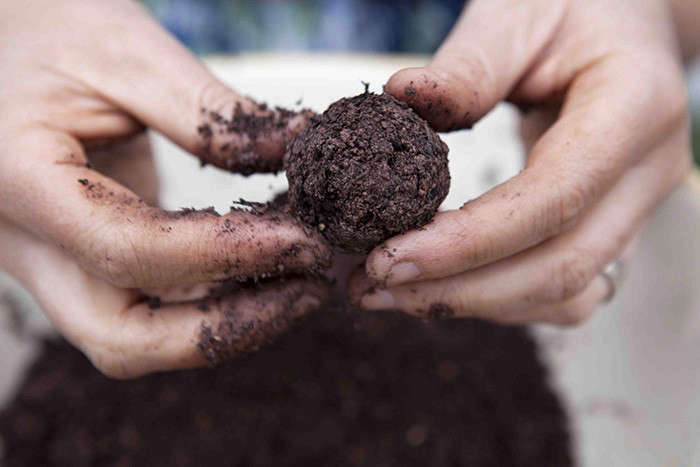Those who prefer to go to bed with a cookbook rather than cook from one may have Elizabeth David to blame. The 20th century British cookbook writer’s storytelling skills are unrivaled even today, in a post-Nigel and Nigella world. It is debatable, though, whether ordinary people cook from her books as they are thought to be complicated and even impossible. Thank goodness for Jill Norman, who has “curated” Elizabeth David for several decades and brings us the readable and cookable Elizabeth David on Vegetables.
Photographs by Kristin Perers.

Above: The traditional British diet is quite a healthy one. Fresh produce, simply cooked. But food rationing (still in place until 1954) took the joy out of cooking for people without access to land and livestock. When Elizabeth David breezed in after wartime adventures in hotter climes, her ideas were eagerly accepted, even though the ingredients she wrote of were still hard to find.
Above: Elizabeth David On Vegetables, published by Quadrille, £20. (For US readers, Elizabeth David on Vegetables is available for $24.63 from Amazon.)
Although the style of Elizabeth David’s first book Mediterranean Food (1950) is now curiously outdated with chapters titled “Eggs and Luncheon Dishes” and “Cold Food and Salads,” the information is as fascinating as ever. It’s all about interpretation. Jill Norman interprets Elizabeth David interpreting the cooking of millennia–rather brilliantly.

Above: Even now, we are just getting used to the idea that a meal can be complete with just vegetables. Quality ingredients are important. Shown here, the makings of a salad of curly endive, Gruyere, olive oil, and vinegar. The cheese is cut into tiny cubes.

Above: Roast onions, what could be easier? David suggests serving them hot with butter and salt, or cold with a vinaigrette dressing. She writes, in her elegant style with an eye for thrift:
“This is one of the best possible ways of cooking onions in the winter when the oven is, in any case, turned on for the cooking of a stew or some other long-cooked dish.”

Above: Tuscan bean soup, ideally made using a fagiolara (flask-shaped Tuscan earthenware bean jar), though you’ll be forgiven for using a tall soup pan. David knows her audience: “In each soup plate or bowl have ready a slice of coarse country bread–or the nearest you can get to such a commodity–rubbed with garlic and sprinkled with olive oil.”

Above: Marinara sauce, the bedrock of what we now know as the Mediterranean Diet (said to be the healthiest diet in the world). This recipe is one of the simplest, with just tomatoes, garlic, olive oil and basil.
In the ’50s, Salsa alla Marinara was an unknown pleasure (in the UK at least): “Basil then was no more than the name of bachelor uncles,” wrote Jane Grigson in one of many collections, Elizabeth David Classics.
For more innovative British cuisine, see Required Reading: The Ethicurean Cookbook and Notes from the Larder: Nigel Slater.














Have a Question or Comment About This Post?
Join the conversation